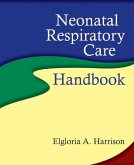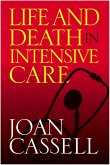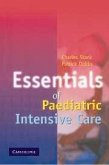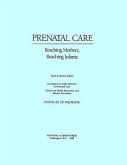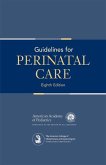Today, about 10% of all infants spend at least some time in an intensive care unit I'mediately after birth. In France, this concerns 50,000 to 80,000 infants annually, the most frequent cause being premature births. This means that a significant number of babies begin their lives in a highly technical, medical environment, far from a home and family environment. How are these children affected by such early medical treatment? What is the impact on their psychic growth and development? Will the rest of their lives be marked by their early experience of pain or by the intense, often chaotic, stimulation of their senses, during their hospitalisation? And, most importantly, what can be done to make them feel better both now and in the future? Bernard Golse tells the moving stories of five children, Marie, Camille, Sébastien, Marc and Alexandre, all of whom were hospitalised shortly after birth. Their experiences show that despite the technical progress made in the area of neonatal intensive care, the human aspect is seriously lacking and must be reconsidered.The emotional involvement of all concerned must be taken into account in order to create a warm environment for babies in poor health, their anxious parents and the medical staff whose professional as well as personal assistance is called upon.A child psychiatrist and psychoanalyst, Bernard Golse heads the child psychiatry department at the Hôpital Saint Vincent de Paul, in Paris. He teaches child and adolescent psychiatry at the University of Paris V.
Hinweis: Dieser Artikel kann nur an eine deutsche Lieferadresse ausgeliefert werden.
Hinweis: Dieser Artikel kann nur an eine deutsche Lieferadresse ausgeliefert werden.



